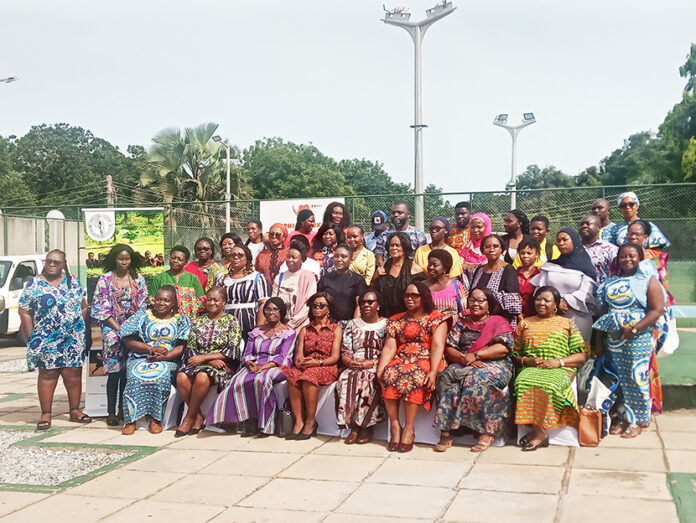The Chief Director at the Ministry of Education (MoE), Mrs. Mamle Andrews, says the sector is committed to rolling out gender-sensitive policies focused on addressing challenges confronting women and girls in education.
These policies include; the finalisation stage of the Gender in Education Policy that will replace the 2015 Gender in Education Policy, as well as promoting increased access to education for girls and women.
The Chief Director made this known at the Ghana Chapter of the Forum for African Women Educationists (FAWE) public engagement held in Accra last week.
The theme for the engagement was: “Finding new pathways to secure a future for the 21st century African Girl.”
She said MoE efforts are geared towards the attainment of the SDG 4 Targets, the Education Strategic Plan, which is concurrent with other interventions and strategies.
“I am pleased to say that we are almost at gender parity at the pre-tertiary level. However, the gender parity at tertiary is limited and, in my opinion, this is where our focus must be now. If we succeed in increasing the parity there, we will create a pipeline that supplies formal and informal training institutions with ladies who will bring the change we all desire,” she said.
On employment, she called on FAWE to join the MoE to promote TVET and STEM career choices for girls.
“Through specialist enrolment tactics and the Free TVET Programme we have in Ghana, we are dedicated to significantly increase the existing 24% of females – 30,065 females as opposed to 93,381 males in pre-tertiary TVET schools in order to achieve a gender transformational education system in the TVET space,” Mrs. Andrews added.
The Executive Director of FAWE Africa, Mrs. Martha Muhwezi, presented an overview of the NGO’s activities and said the vision of FAWE was to create an inclusive society where all African girls and women have access to quality education and training to achieve their full potential.
“FAWE will continue to give off its best in the promotion of gender-responsive policies, practices, and attitudes and foster innovations that will provide opportunities for African girls and women to prosper in all realms of their lives,” she added.
FAWE, she said, had, among others, offered comprehensive scholarships to girls from primary to PHD levels.
The convenor of the Affirmative Action Bill Coalition, Ms. Sheila Minkah-Premo, emphasized in her submission the need for the private sector to actively provide the opportunity for women to lead.
This, she said, was necessary because women bring unique perspectives and skills that enhance innovation and decision-making, adding that embracing gender diversity fosters a more inclusive and forward-thinking business environment, ultimately driving growth and success.








